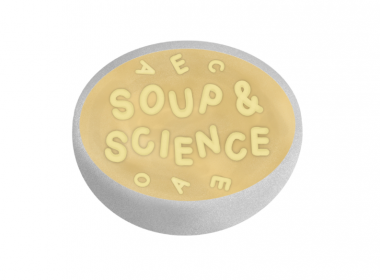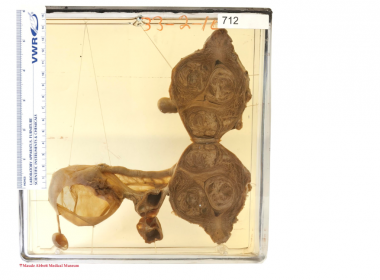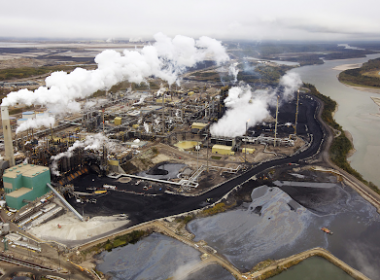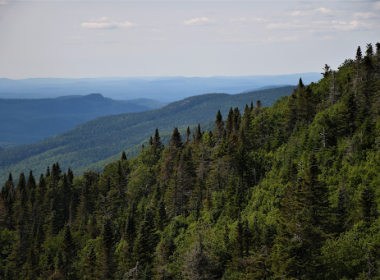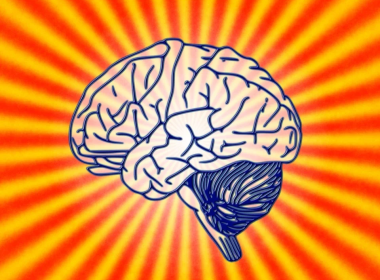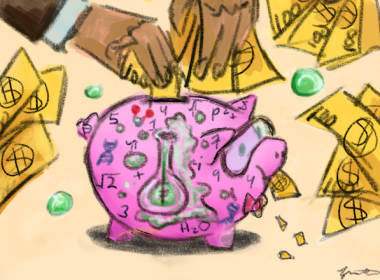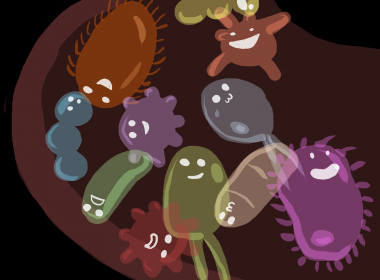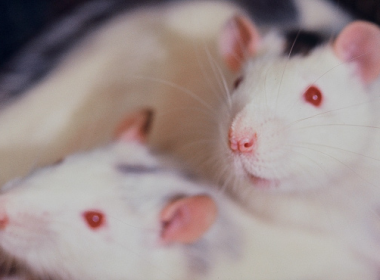McGill professors presented their scientific research to crowds of students in the Redpath Museum at the 29th iteration of Soup and Science from Jan. 13–17. After snacking on complementary soup and sandwiches, writers from The McGill Tribune compiled highlights from the week. Nutrient cycling and ecosystem science Fiona Soper, assistant professor in[Read More…]
Science & Technology
The latest in science and technology.
Immortalizing the mortal: Merging art and medicine
At its annual ‘Immortalizing the Mortal’ event in November 2019, the Maude Abbott Medical Museum revealed its chosen specimen: A uterus with large leiomyoma (or fibroids), benign tumours that occur when smooth tissue or connective tissue grows in the uterus. The event, which uses medical specimens to inspire artists and[Read More…]
Weathering the storm of aerosol emissions
There has long been concern surrounding the environmental impacts of extracting oil from Alberta’s Athabasca oil sands, the world’s third largest oil reserve. According to a McGill-led study published in Environmental Pollution, contamination from the Athabasca oil sands is impacting the weather patterns of nearby regions. The study was led[Read More…]
The Internet bands together to save Earth’s forests
Many consider online influencers and the YouTube community to be a toxic cesspool of negativity. However, YouTubers Jimmy Donaldson, known by his online name MrBeast, and Mark Rober are challenging this view by bringing internet celebrities together to make the world a better place through their TeamTrees campaign. Donaldson and[Read More…]
Reason and the art of neuroscience
One of the major attractions of academia is the ability to make a career out of learning, where one can pursue a life reminiscent of ancient Greek philosophers or Renaissance polymaths. Of course, following one’s research passions depends on funding. Grant applications and email correspondence shape the everyday life of[Read More…]
Alexa, tell me what you’re thinking
Amazon announced its vision for home assistant device Alexa to play a more active role as a personal assistant in November. In interviews with The McGill Tribune, Will Hamilton and Jackie Cheung, professors in McGill’s Department of Computer Science, outlined the basics of the technology behind voice-controlled home assistants like the[Read More…]
The haphazard world of scientific research funding
Human systems, from medicine and technology to industrial agriculture, are built upon the tools and findings brought forward by scientific achievement. Yet, to practice science in the 21st century, researchers depend upon another cornerstone of modern civilization: Money. The amount of funds required to conduct scientific research is almost incomprehensible.[Read More…]
The gut microbiome in disease and health
There are thousands of different bacterial species living inside our intestines. This environment, called the gut microbiome, provides the body with key vitamins and ensures a healthy immune system. The composition of the gut microbiome is key: Dysbiosis, a condition that occurs when ‘bad’ bacteria take over the gut, is[Read More…]
Learning to love physics
Two months ago, my boyfriend picked up a physics minor, and our conversations gradually began to veer off into the realm of Newton’s laws and black holes. I, far from a physics lover, expressed my frustration that our discussions were going way over my head. Soon after, he bought me[Read More…]
Rat Park and the War on Drugs
This year, VICE Studios released Rat Park, a documentary that dives into the socio-psychological causes of drug addiction. By looking at drug epidemics in three countries—Portugal, the United States, and the Philippines—the documentary focussed on how class, wealth, social status, life struggles, and politics play into the ongoing war on[Read More…]
